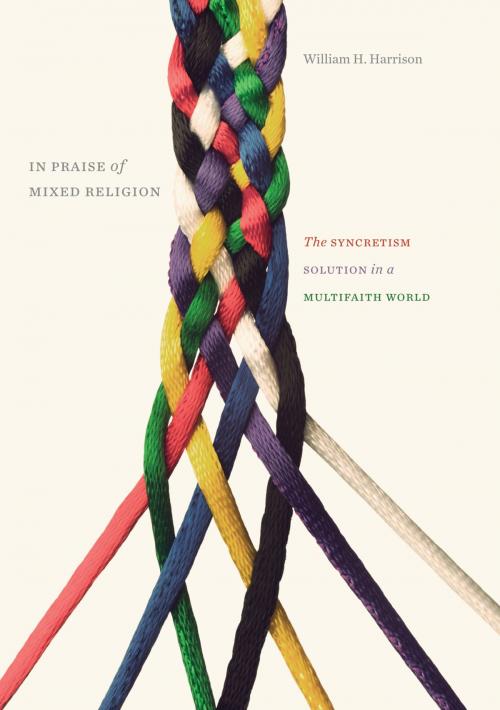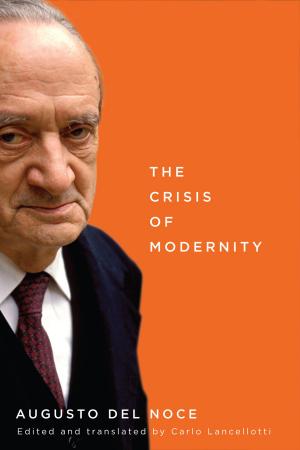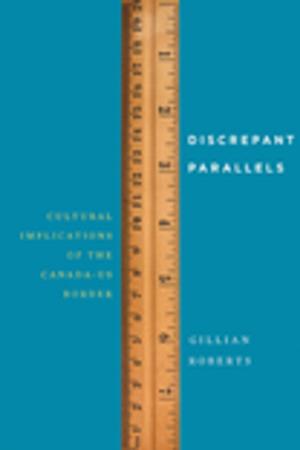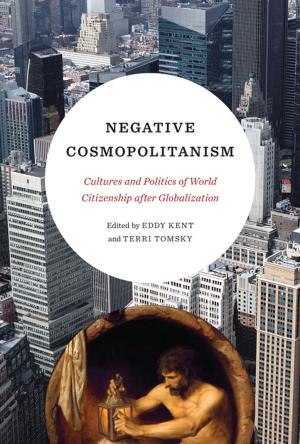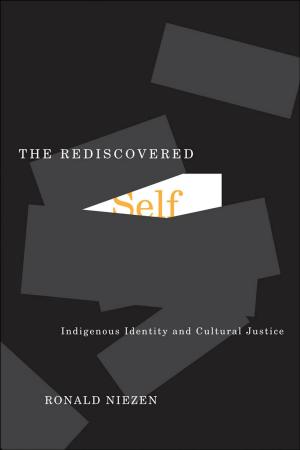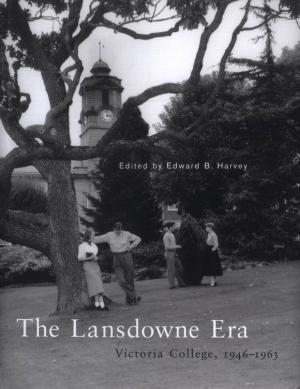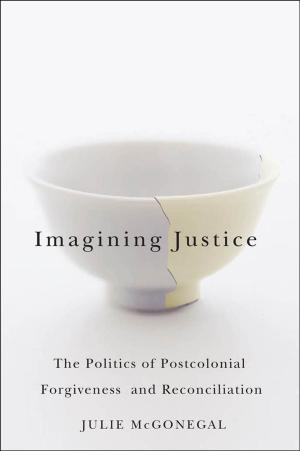In Praise of Mixed Religion
The Syncretism Solution in a Multifaith World
Nonfiction, Religion & Spirituality, Inspiration & Meditation, Spirituality| Author: | William H. Harrison | ISBN: | 9780773592032 |
| Publisher: | MQUP | Publication: | May 1, 2014 |
| Imprint: | MQUP | Language: | English |
| Author: | William H. Harrison |
| ISBN: | 9780773592032 |
| Publisher: | MQUP |
| Publication: | May 1, 2014 |
| Imprint: | MQUP |
| Language: | English |
When asked "What religion do you follow?" the typical answer is to name a specific group, or to respond "None." An increasing number of people, however, are intentionally combining elements from various religious heritages, demonstrating that religions do not have firm boundaries, nor are they purely distinct. In Praise of Mixed Religion discusses the concept of syncretism, the term for the mixing of religious perspectives. The religious studies discipline has traditionally distinguished between two responses to syncretism: a subjective view, which treats syncretism as morally reprehensible, and an objective view, which treats it as a morally neutral phenomenon. William Harrison adopts a third perspective, the advocacy view, which claims that mixing religions is a good and necessary process. He cites countless examples - such as Islam's transformative encounter with Greek thought - from both history and recent years to show how religious traditions have gained theological and practical wisdom by borrowing key ideas, beliefs, and practices from outside their own movements. By encouraging syncretism, In Praise of Mixed Religion contests the hard boundaries between religious worldviews and presents a dramatic alternative for thinking and talking about religion.
When asked "What religion do you follow?" the typical answer is to name a specific group, or to respond "None." An increasing number of people, however, are intentionally combining elements from various religious heritages, demonstrating that religions do not have firm boundaries, nor are they purely distinct. In Praise of Mixed Religion discusses the concept of syncretism, the term for the mixing of religious perspectives. The religious studies discipline has traditionally distinguished between two responses to syncretism: a subjective view, which treats syncretism as morally reprehensible, and an objective view, which treats it as a morally neutral phenomenon. William Harrison adopts a third perspective, the advocacy view, which claims that mixing religions is a good and necessary process. He cites countless examples - such as Islam's transformative encounter with Greek thought - from both history and recent years to show how religious traditions have gained theological and practical wisdom by borrowing key ideas, beliefs, and practices from outside their own movements. By encouraging syncretism, In Praise of Mixed Religion contests the hard boundaries between religious worldviews and presents a dramatic alternative for thinking and talking about religion.
